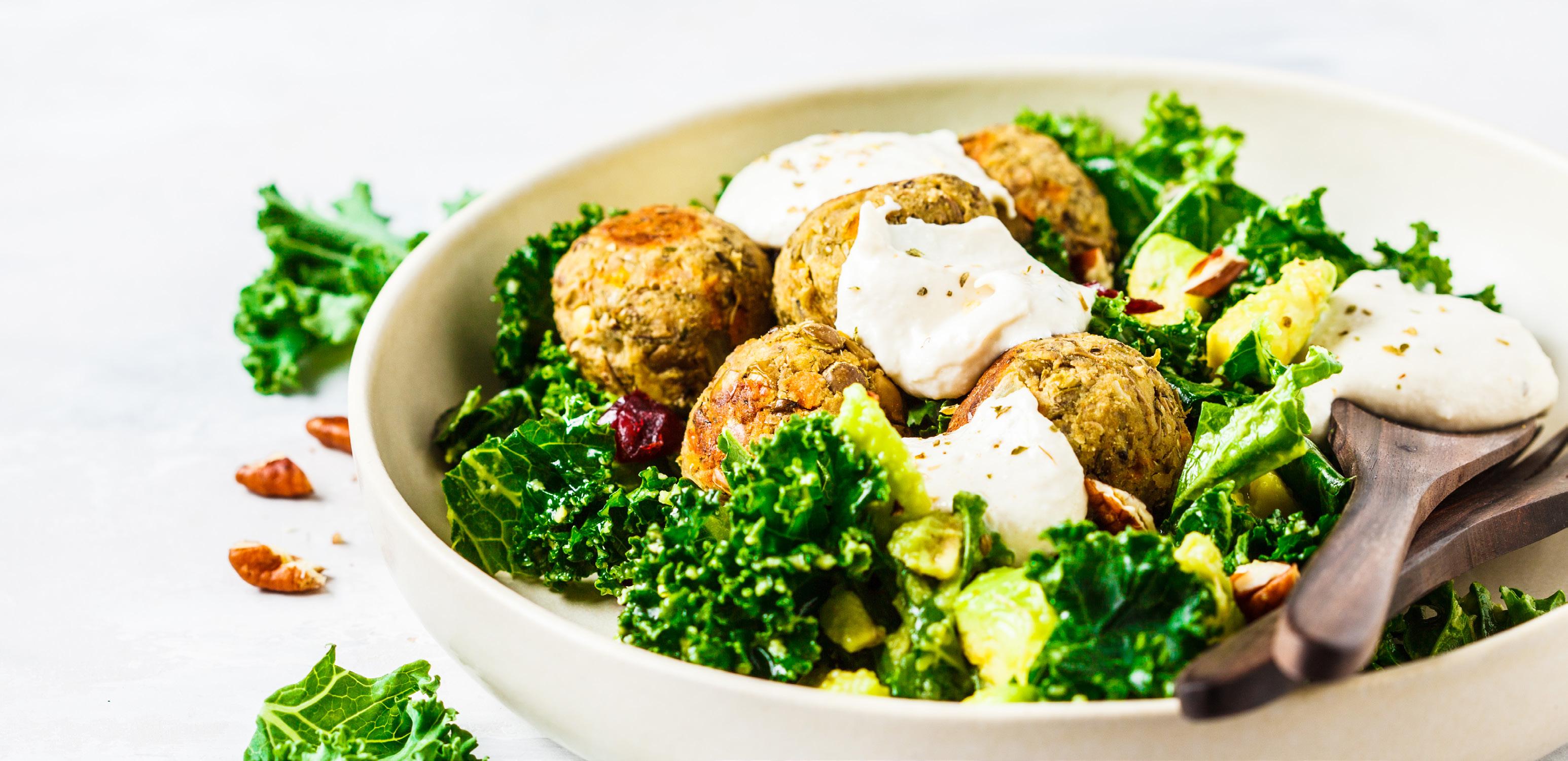4 • THE CAMBERWELL CITIZEN • ISSUE #9
GOOD GUT The gut has increasingly become an area of interest as Australians seek to better manage digestive and dietary related issues.
We are what we eat, the old adage goes – and Australians, it seems, are more aware of it than ever.
“Really, we should only eliminate foods for medical reasons,” she said.
In growing numbers, we declare ourselves to be vegetarian, vegan or pescatarian. Many of us have been diagnosed as – or believe ourselves to be – lactose intolerant, coeliac, prone to Irritable Bowel Syndrome (IBS), or are allergic to or intolerant of foods such as wheat, gluten or fructose.
“No one diet is best for health. Cutting out food groups completely can actually negatively impact on gut health and the diversity of your gut microbiome.
And research shows that looking after our gut is vital for our optimum physical and mental health. Marina Payne, dietitian at Camberwell Junction Medical Clinic, said so much research is happening in this space that “we’re learning something new every day”. “Our gut microbiome seems to impact so many of our bodily systems, such as our immune system and heart health,” Ms Payne said. “Currently, there is a lot of interest around the gut-brain axis, and the impact on brain health and mood. Ensuring your gut microbiome is in good health is, therefore, super important.” Ms Payne said there is a lot of work still to be done in the area of gut function, and because of that we should be careful of overinflated claims surrounding microbiome testing and food sensitivity testing. “My advice would be to see an accredited practising dietitian prior to going through with any of this type of testing or food restriction. These tests aren’t cheap and there’s a lot of misinformation out there,” she said She also warns against fad diets and quick-fix life-changing claims.
CITIZEN
“Each bacterial species requires different nutrients to grow. If, for example, you only ate bananas every day, you’d end up with only banana loving bacteria. Variety is key.” Fibre is vital, Ms Payne said, and the way to get most of our fibre is from vegetables, fruit, and wholegrains. “Fibre is great for energy and mood stabilisation, keeps you satisfied between meals, helps control blood sugar levels, lower cholesterol, lower blood pressure, and of course keeps your digestive system functioning at its best,” she said. The dietitian recommends including all of the five core food groups, with a special focus on increasing plant intake and plant variety for optimum gut wellness. “It has been shown that including at least 30 different plant-based foods each week improves gut bacteria diversity, which is linked to a healthy gut microbiome,” she said. “Wholegrains like multigrain bread, wholewheat pasta, brown rice, barley, couscous, whole bran and rolled oats are great food sources for our good bacteria.” Ms Payne said while there is limited clinical evidence and more research to be done, fermented foods like yoghurt, kefir, kimchi, sauerkraut and kombucha look promising for improving gut health.
Dietitian Marina Payne





